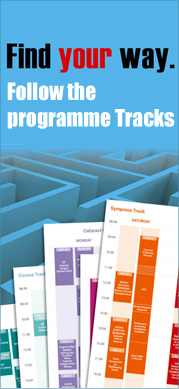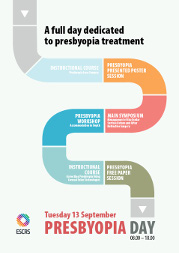Posters
Surgical challenges faced by trainee surgeons: a comparative study
Poster Details
First Author: A. Shrivastava INDIA
Co Author(s): S. Mushriff K. Singh D. Verma
Abstract Details
Purpose:
To evaluate the surgical challenges faced by trainee Ophthalmologist
Setting:
Tertiary care teaching hospital in central India
Methods:
This single centre retrospective comparative study was conducted at Ophthalmology outpatient department, over a period of six months from January to June 2015. 80 eyes of 60 patients undergoing Small Incision Cataract Surgery (SICS), done by trainee surgeons, were included in the study.
Study was divided into 2 groups -
Group 1 included trainees, trained with 'step-by-step' method (44 cases)
Group 2 included trainees, trained with 'one-step' method (36 cases)
Complications were recorded in terms of premature entry, button holing, running away of capsulorhexis/tear, zonular dialysis, posterior capsular tear, iridodialysis, and vitreous loss.
Results:
A statistically significant difference (p=0.02) was noted in the uneventful surgery rate and hence final surgical outcome between the two groups, yielding a mean of 68.18% in Group1 and 41.67% in Group 2 respectively. Difference in other intraoperative complications viz, extended capsulorhexis (Group1=9.09%, Group 2=19.44%), premature entry (Group1=11.36%, Group2=16.67%), zonular dialysis (Group1=2.27%, Group2=5.56%), posterior capsular rent (Group1=2.27%, Group2=2.78%) was not statistically significant between two groups (p>0.05). Hence, step by step approach was found to be beneficial for the beginners when intra-operative and post-operative complications were compared.
Conclusions:
Thus to conclude, learning surgery is always an uphill task for a trainees. SICS is technically more challenging and has a bigger learning curve as compared to phacoemulsification. Sequential training as in step by step method gives better understanding of surgical procedure, tissue feeling, and thus improvises surgical outcome. A great degree of temperament, practice, and skills are required before proficiency is achieved.
Financial Disclosure:
NONE





